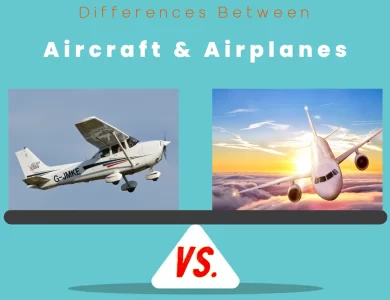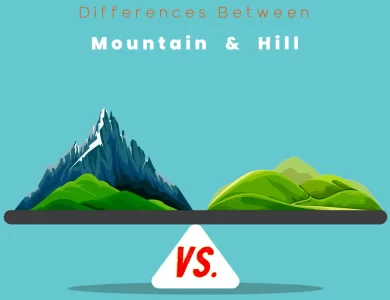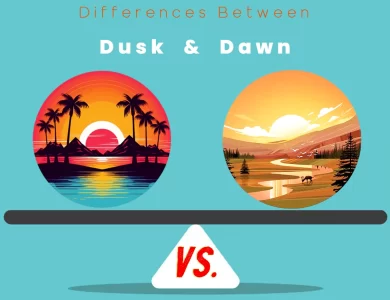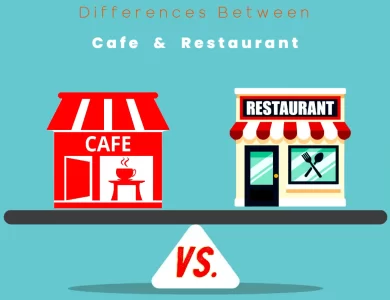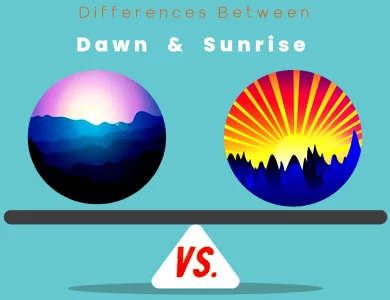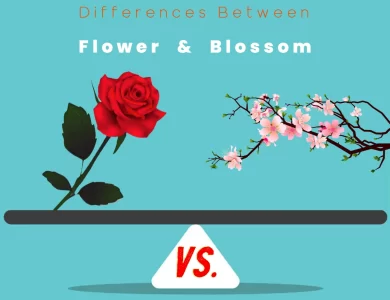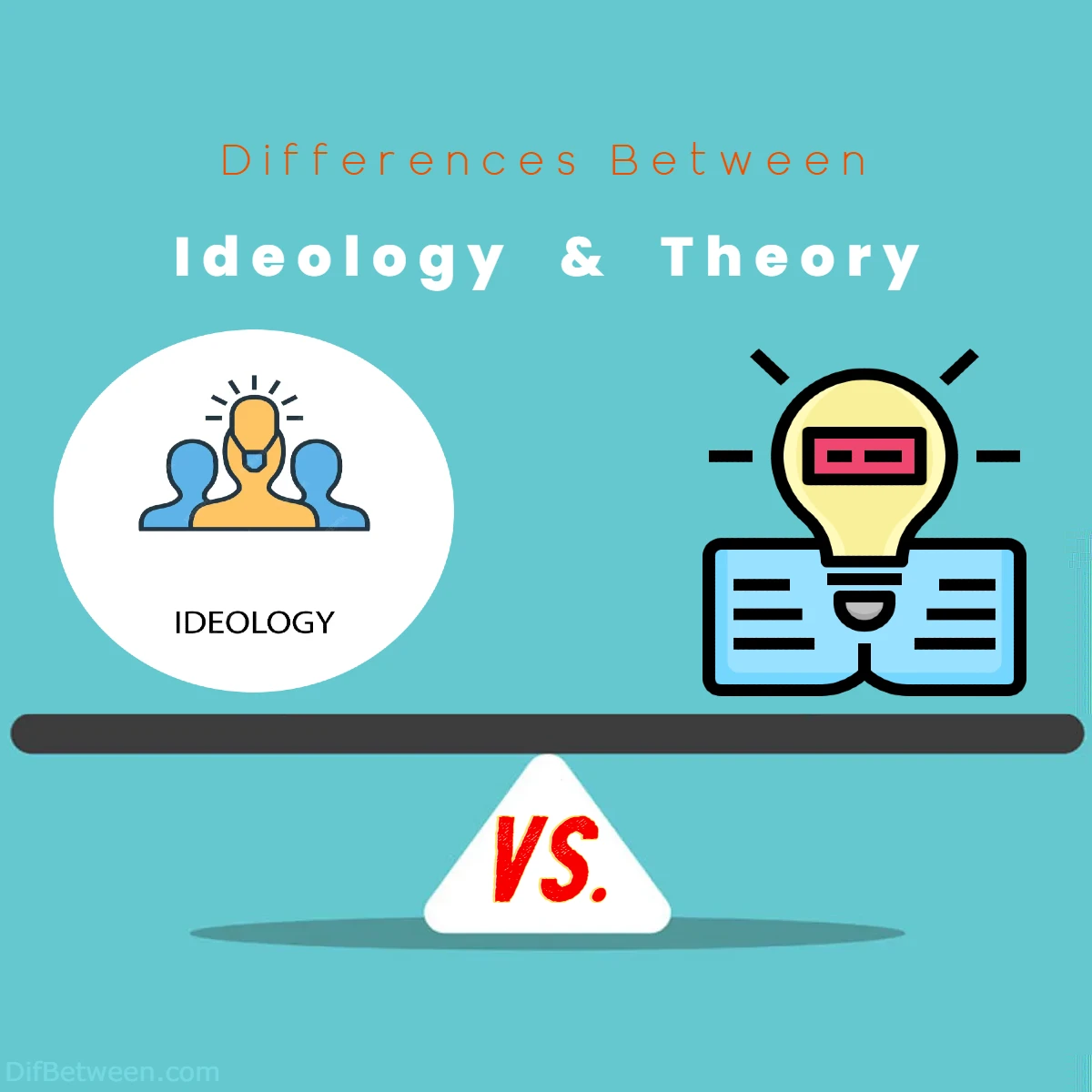
| Aspect | Ideology | Theory |
|---|---|---|
| Nature and Purpose | Subjective; provides moral framework | Objective; provides structured explanation |
| Subjectivity vs. Objectivity | Subjective | Objective |
| Testability | Not typically testable | Testable and falsifiable |
| Context of Application | Politics, religion, ethics, culture | Academic, scientific disciplines |
| Examples | Communism, Christianity, Nationalism | Theory of Evolution, Economic Theory, Psychological Theory |
| Origins | Coined in the late 18th century, originally referred to the science of ideas | Ancient roots but gained prominence during the scientific revolution |
| Evolution | Expanded to encompass systems of thought and belief; prominent during political revolutions | Became a cornerstone of modern science and technology during the Enlightenment |
| Societal Influence | Shaped societies, cultures, and political movements; driven revolutions | Advanced human knowledge, promoted technological progress; led to innovations |
| Controversy and Conflict | Can lead to conflicts and divisions; often involves deeply held beliefs | Aim to achieve consensus among experts; provide a common framework for research |
Ideologies are like the compass guiding our moral and ethical decisions, shaping our worldview. They often find their homes in politics, religion, ethics, and culture, offering a personalized lens through which we view the world. On the other hand, theories are the sturdy bridges connecting us to the realm of science and structured understanding. Rooted in empirical evidence and logical reasoning, theories lay the foundations of knowledge and innovation.
Differences Between Ideology and Theory
The main differences between Ideology and Theory lie in their nature and purpose. Ideology is subjective, serving as a moral and ethical framework that guides beliefs and values, often in politics, religion, and culture. In contrast, Theory is objective and empirical, providing structured explanations and predictions, predominantly in scientific fields. Ideology reflects personal or collective perspectives, while Theory relies on evidence and logical reasoning. These distinctions are crucial in understanding how each concept shapes our beliefs, actions, and the world around us.
Definitions and Overview
Ideology
Ideology is a term often used to describe a set of beliefs, values, and ideas that shape an individual’s or a group’s worldview. It provides a framework for understanding and interpreting the world, guiding one’s thoughts, actions, and decisions. Ideologies can be political, religious, social, or cultural in nature and serve as a foundation for forming opinions and making judgments.
Ideologies often encompass a range of principles and can be deeply ingrained in a person’s identity or a community’s collective identity. They help answer questions about what is right or wrong, just or unjust, and how society should be structured. Ideologies can be powerful drivers of behavior, influencing everything from political affiliations to personal ethics.
Theory
Theory, on the other hand, is a systematic and structured explanation of a phenomenon or a set of related phenomena. It is a well-developed framework that aims to describe, explain, predict, or understand a specific aspect of the world. Theories are typically based on empirical evidence, research, and logical reasoning, making them more objective and testable compared to ideologies.
Theories are commonly found in various fields, including science, mathematics, sociology, psychology, and economics. They help researchers and scholars make sense of complex phenomena by providing a structured model or framework. Theories are often subjected to rigorous testing and evaluation to determine their validity and applicability.
Key Differences
Now that we’ve defined ideology and theory, let’s delve deeper into their differences.
Nature and Purpose
Ideology: Ideologies are primarily concerned with guiding beliefs, values, and principles that shape an individual’s or a group’s worldview. They serve the purpose of providing a moral or ethical framework for making judgments about right and wrong, just and unjust, and the ideal societal structure. Ideologies often reflect subjective perspectives and can be deeply ingrained in one’s identity.
Theory: Theories, on the other hand, are systematic explanations of specific phenomena or concepts. They aim to provide a structured understanding and explanation of how something works or why it occurs. The purpose of a theory is to offer insights, make predictions, or facilitate further research. Theories are generally objective and based on empirical evidence and logical reasoning.
Subjectivity vs. Objectivity
Ideology: Ideologies are inherently subjective. They are shaped by personal or collective beliefs, values, and cultural influences. Ideological viewpoints can vary widely among individuals and groups, and they often involve emotional and moral considerations. Ideologies may not always be based on empirical evidence or rational analysis.
Theory: Theories are objective in nature. They are developed through a systematic process that relies on empirical data, research, and logical deduction. Theories aim to provide an unbiased, structured explanation of phenomena, making them subject to testing and verification. While theories can evolve over time with new evidence, they are fundamentally rooted in objectivity.
Testability
Ideology: Ideologies are not typically subject to empirical testing in the same way that theories are. They are based on beliefs and values that may not be easily quantifiable or verifiable. While ideologies can influence behavior and actions, they are often resistant to change based on empirical evidence.
Theory: Theories are designed to be testable and falsifiable. They provide hypotheses that can be rigorously examined through experiments, observations, or further research. The scientific method often applies to theories, allowing them to be refined, expanded, or rejected based on empirical findings.
Context of Application
Ideology: Ideologies are commonly applied in various aspects of life, including politics, religion, ethics, and social issues. They help individuals and groups make moral and ethical judgments, inform political decisions, and shape cultural identities.
Theory: Theories find their primary application in academic and scientific contexts. They are used to explain and understand phenomena in fields such as physics, biology, psychology, economics, and sociology. Theories provide a structured foundation for research and analysis within these disciplines.
Examples
To further illustrate these differences, let’s explore some examples of ideology and theory in different contexts:
Ideology Examples
- Political Ideology: Communism is an ideology that advocates for a classless society and the common ownership of the means of production. It is rooted in the belief in social equality and the abolition of private property.
- Religious Ideology: Christianity encompasses a set of beliefs, values, and moral principles centered around the teachings of Jesus Christ. It guides the moral conduct and spiritual beliefs of Christians.
- Nationalism: Nationalist ideologies emphasize the importance of a strong national identity and may promote the interests of a specific nation or ethnicity.
Theory Examples
- Theory of Evolution: Charles Darwin’s theory of evolution by natural selection provides a structured explanation of how species evolve over time through the process of natural selection. It is supported by extensive empirical evidence.
- Economic Theory: The theory of supply and demand in economics explains how prices are determined in a market economy. It is a fundamental concept used to analyze economic trends and behavior.
- Psychological Theory: Sigmund Freud’s psychoanalytic theory offers a structured framework for understanding human behavior and the role of the unconscious mind. It has been influential in psychology and psychotherapy.
Origins and Evolution
Ideology
Origins: The term “ideology” can be traced back to the late 18th century when it was coined by Antoine Destutt de Tracy, a French philosopher. Originally, it referred to the science of ideas or the study of the origins of ideas.
Evolution: Over time, the meaning of ideology expanded to encompass systems of thought and belief. It gained prominence during the French Revolution when political factions and movements adopted specific ideologies, such as Jacobinism and conservatism, to justify their positions.
Theory
Origins: The concept of theory has ancient roots, dating back to Greek philosophers like Plato and Aristotle. However, the modern scientific method and the development of formal theories gained momentum during the Enlightenment period in the 17th and 18th centuries.
Evolution: The scientific revolution in the 17th century marked a significant turning point in the development of theories. Theories became essential tools for explaining natural phenomena, leading to groundbreaking discoveries in physics, astronomy, and other scientific disciplines. Today, theories continue to evolve and adapt as new evidence emerges.
Societal Impact
Ideology
Societal Influence: Ideologies have played a crucial role in shaping societies, cultures, and political movements throughout history. They have driven revolutions, influenced laws, and inspired social change. For example, the ideologies of liberty and equality were central to the American and French Revolutions.
Controversy and Conflict: Ideological differences can lead to conflicts and divisions within societies. Political ideologies, in particular, have been at the heart of many political disputes and even wars. Ideological clashes often involve deeply held beliefs and can be challenging to resolve.
Theory
Advancements and Progress: Theories have been instrumental in advancing human knowledge and promoting technological progress. Scientific theories, in particular, have led to innovations that have transformed societies, such as the theory of electromagnetism contributing to the development of electricity and modern communication.
Consensus and Collaboration: Theories are developed through a collaborative and systematic process involving peer review and empirical validation. Scientific theories aim to achieve consensus among experts in a particular field, providing a common framework for further research and discovery.
Ideology or Theory: Which One is Right Choose for You?
The choice between ideology and theory depends on the context and the nature of the questions or problems you are addressing. Both have their strengths and limitations, and the decision often hinges on your goals and the field of study or inquiry. Let’s explore when to choose ideology and when to opt for theory:
When to Choose Ideology
1. Matters of Values and Ethics
Choose Ideology: If you are dealing with questions of morality, ethics, and personal beliefs, ideology is the appropriate choice. Ideologies provide a moral and ethical framework that guides your decisions and actions based on your values and principles. For example, when deciding on issues related to social justice, human rights, or personal integrity, your ideology can serve as a compass.
2. Political Engagement
Choose Ideology: In the realm of politics, ideologies play a crucial role. If you’re interested in political movements, party affiliations, or advocacy, adopting a political ideology aligning with your beliefs can help you engage effectively in the political process. Ideologies such as liberalism, conservatism, socialism, or libertarianism often shape political discourse.
3. Cultural Identity
Choose Ideology: Cultural ideologies are integral to a community’s identity. If you’re exploring your cultural heritage or participating in cultural events and practices, embracing the cultural ideology associated with your background can enhance your sense of belonging and understanding.
4. Personal Philosophy
Choose Ideology: When crafting your personal philosophy of life, including your beliefs about the purpose of existence, the nature of happiness, and the meaning of success, ideology provides a framework for introspection and self-discovery.
When to Choose Theory
1. Scientific Inquiry
Choose Theory: In scientific fields such as physics, biology, chemistry, and psychology, theories are indispensable. Theories provide structured explanations, predictions, and hypotheses that guide research and experimentation. If you’re pursuing a scientific career or conducting empirical studies, theories are your tools for understanding the natural world.
2. Problem Solving
Choose Theory: When faced with complex problems that require systematic analysis and evidence-based solutions, theories offer a systematic approach. Whether you’re addressing issues in engineering, economics, or public policy, theories provide a structured framework for problem-solving.
3. Objective Understanding
Choose Theory: If your goal is to understand a phenomenon without personal bias or subjective influence, theories are the preferred choice. They rely on empirical evidence and logical reasoning, making them objective and suitable for objective analysis.
4. Academic Research
Choose Theory: When engaging in academic research, theories are fundamental. They serve as the foundation for developing research questions, designing experiments, and interpreting results. Whether you’re pursuing a degree in sociology, economics, or any other academic field, theories are central to scholarly work.
Finding Balance
In many cases, it’s beneficial to strike a balance between ideology and theory. Recognize that while ideology guides your values and beliefs, theories can provide a deeper understanding of the world and help you make informed decisions. For instance:
- Political Decision-Making: While political ideology may shape your values, understanding economic theories can inform your stance on fiscal policies.
- Environmental Activism: An environmental ideology may drive your passion, but scientific theories about climate change can provide the basis for your advocacy.
- Personal Growth: Personal development ideologies can inspire you, but psychological theories can offer insights into behavior and motivation.
Ultimately, the choice between ideology and theory is not about one being “right” and the other being “wrong.” It’s about selecting the appropriate tool for the task at hand. Embrace ideology for matters of values and beliefs, and turn to theory when seeking structured explanations and objective understanding. By understanding the strengths and limitations of both, you can navigate a diverse range of fields and challenges more effectively.
FAQs
The fundamental difference lies in their nature and purpose. Ideology is subjective, providing a moral and ethical framework that guides beliefs and values, often in areas like politics and religion. Theory, on the other hand, is objective and empirical, offering structured explanations and predictions, typically in scientific fields.
Ideologies influence decision-making by providing a moral compass and guiding principles. They shape how individuals or groups perceive right and wrong. Theories, on the other hand, inform decision-making by offering evidence-based explanations and predictions, helping individuals make informed choices.
While ideologies are primarily rooted in beliefs and values, they can incorporate empirical evidence to support their claims. However, the core of an ideology often relies on subjective values and may not always be testable or falsifiable like theories.
Yes, there are several examples. Political ideologies include liberalism, conservatism, socialism, and nationalism. Scientific theories encompass the theory of evolution, economic theories like supply and demand, and psychological theories like Freud’s psychoanalysis.
Ideologies can evolve through changes in societal norms and values, often driven by political or cultural shifts. Theories evolve through the accumulation of new evidence and refinement of existing knowledge, typically through scientific research and discovery.
Apply ideology when addressing questions of morality, ethics, culture, or personal beliefs. Use theory when seeking structured explanations, objective understanding, or empirical validation, particularly in scientific or academic contexts.
No, they are not mutually exclusive. In fact, they can complement each other. For instance, an individual may hold a political ideology while also relying on scientific theories to inform their policy positions.
Yes, they often coexist. In fields like social sciences, ideologies may shape ethical considerations, while theories provide the empirical framework for research and analysis.
Ideologies have a profound impact on cultural and political identities, influencing revolutions, social change, and political movements. Theories advance knowledge, drive technological progress, and provide objective insights into natural and social phenomena.
Both ideologies and theories can evolve. Ideologies may adapt to changing social norms, while theories can be refined or expanded with new evidence, leading to changes in our understanding of the world.
Read More:
Contents
